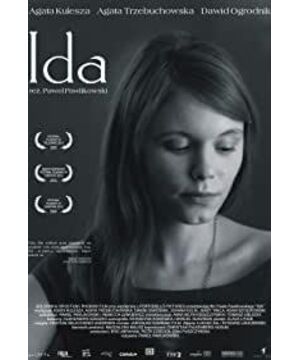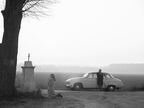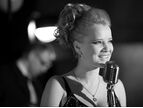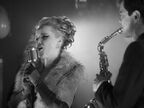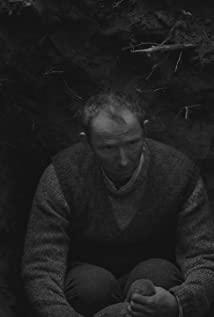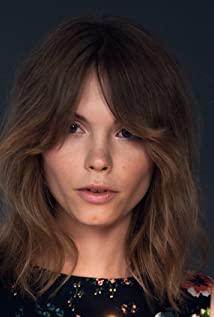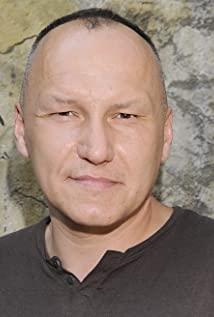First of all, with emotion:
Ah~ I love the tone of this movie (it is said to be four to three black and white?) and the director’s obsessive-compulsive disorder haha~
Basically, it's a mirror to the end. Every frame is shot according to the requirements of a photographic poster, the picture is very clean, and there is no extra programming in the space;
The high-grade gray tone is rather pure, and the overall composition and light processing have a very suitable lonely atmosphere background.
However, because of the director's obsessive-compulsive disorder, the picture is so beautiful that it is easy to jump out of the plot.
It is really possible to stop and stop every frame as a background. I was curious about Baidu’s background of the director. It turned out to be a documentary. He was a Polish person. He left his hometown to live since he was a child. It seems that the story may also have some of his own. Put in the experience.
There are two places where the light treatment is particularly beautiful. The conversation between the nun and Ada in the office not long ago, the sun shines through the window next to the cross; when Ada returns to her childhood residence, the stained glass decorated by her mother in the cowshed is just one A beam of sunlight came in on her face, and it was the first time Ida had a smile.
Many people interpret this movie as life and belief, but I understand more about the different destinies caused by a person's personality and choices in life. In the play, Aunt and Ada represent two completely different personalities, living two completely different lifestyles and lives.
There are relatively few lines in the whole show, and the two move and quietly distribute.
Judging from her aunt's description, Ada is like a continuation of her mother, and her female personality is very similar. The aunt is still an adventurous, brave personality extension, one representing Kochi modern independent women, and the other representing conservative traditions.
It's just that my aunt's last jump in depth is a bit incomprehensible, and the plot is not enough before and after the plot. It may also be because the whole show does not have particularly large conflicts and emotional expressions, everything is restrained and suppressed. Due to the relatively little understanding of the background and history of the time, it will affect some of the interpretation of the film.
Although my aunt indulges in tobacco and alcohol every day, she seems to be paralyzed but she is suffering from pain; while Ida is completely in a single environment ("monastery") living a seemingly mechanical life without joy, anger, sorrow, and separation from the world. After experiencing the life of her aunt and "harvesting" love, she chose to return to the life of a nun and gave up the seemingly beautiful life. With the final release ending, Ada returned to the small village, and I didn't particularly understand what she would do next.
The last few consecutive questions of "what's next" and "what's next" seem to be questions in everyone's mind, right, then? This kind of life and the meaning of life is the distress of everyone from ancient times to the present.
View more about Ida reviews


